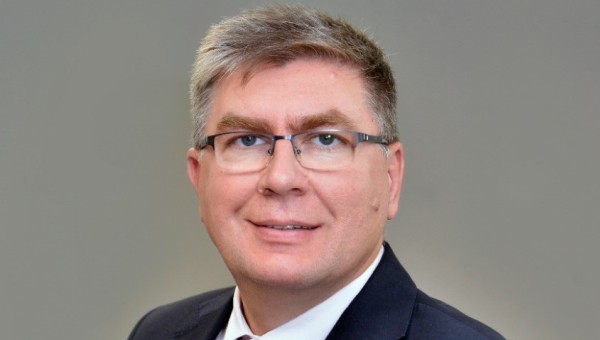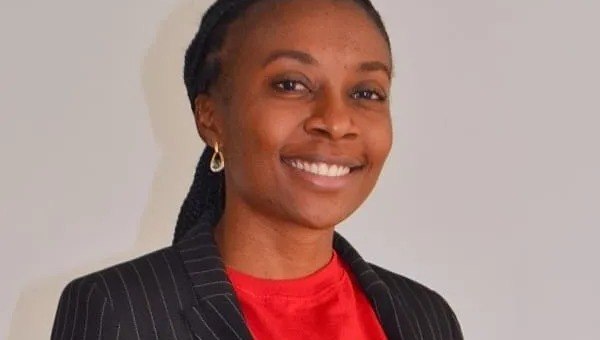Islamic Banking: IFE Welcomes United Bank of Albania CEO Amel Kovacevic
The John Cabot University Institute for Entrepreneurship welcomed Amel Kovacevic for a talk called “Why and How to Do Islamic Banking,” on February 2, 2022. This event was the second presentation in the Anima Mundi – Global Business Perspectives Guest Lecture Series organized by Professor Ieva Jākobsone Bellomi.

Amel Kovacevic
Kovacevic is the CEO of the United Bank of Albania, and he has had a professional career in finance, diplomacy, and banking for over 20 years. The intent of Kovacevic’s presentation was to outline why Islamic banking exists, its application in different markets, and its possible impact on society at large.
In his presentation, Kovacevic argued that there is solid evidence that various cultures, religions, and schools of thought criticize usury and lending with interest. The reasons for such negative opinions could be of divine, ethical and economic nature. In Islam, any type of exploitation including interest-based lending is condemned and should be avoided. Interest can be defined as a predetermined fee to be paid by the borrower to the lender as compensation for the borrowed funds. The amount of the fee is directly correlated to the amount of borrowed funds and the length of the repayment period. So, any lending transaction that earns interest from an Islamic perspective is problematic.
Due to this sentiment during the last century, Kovacevic explained, scholars and finance practitioners in predominantly Muslim countries strove to design banking models that would serve the contemporary financial needs of individuals and businesses while upholding religious values. They needed to construct a model where capital would be mobilized and allocated in society while earning profits but not an interest. The financial instruments that are incorporated in the Islamic banking model were derived from prophetic practices that date back to 14 centuries ago. These financial instruments are mostly based on partnership principles but also include deferred sales, leasing, agency, and project financing. Apart from the financial instruments applied, Islamic banking has unique investment policies as well. Islamic banks do not finance projects that could harm individuals, society, the environment, and the well-being of future generations. Consequently, Islamic banking is highly aligned with the spirit of the United Nations’ Sustainable Development Goals, making it attractive not only to Muslims but to all who use an ethical approach in their investment decision-making process.
Even though the Islamic banking industry is relatively new, there are more than 1400 Islamic financial institutions globally. Islamic banking represents one of the fastest-growing banking branches with an average of 17.6% annual growth. However, it is still a marginal phenomenon since it makes up only 0.7% of total world assets with a total value of assets equivalent to $3 trillion.
Professor Jākobsone Bellomi said that this “ethical principle” would make her more inclined to have “lesser profits if I am investing in something ethical.” She followed up by asking, whether one needs to be a Muslim to participate in Islamic Banking, to which Kovacevic said no. People don’t have to be Muslims to be employees or clients of an Islamic Bank, however, they “have to follow standards of the industry.” She then inquired as to what would happen if someone working for the bank charged interest. Kovacevic explained that interest is inevitable in some transactions within the financial system, however, this interest goes to a charity fund that finances the poor.
Professor Jākobsone Bellomi is teaching Organizational Behavior, International Business, and International Management in Spring 2022.





